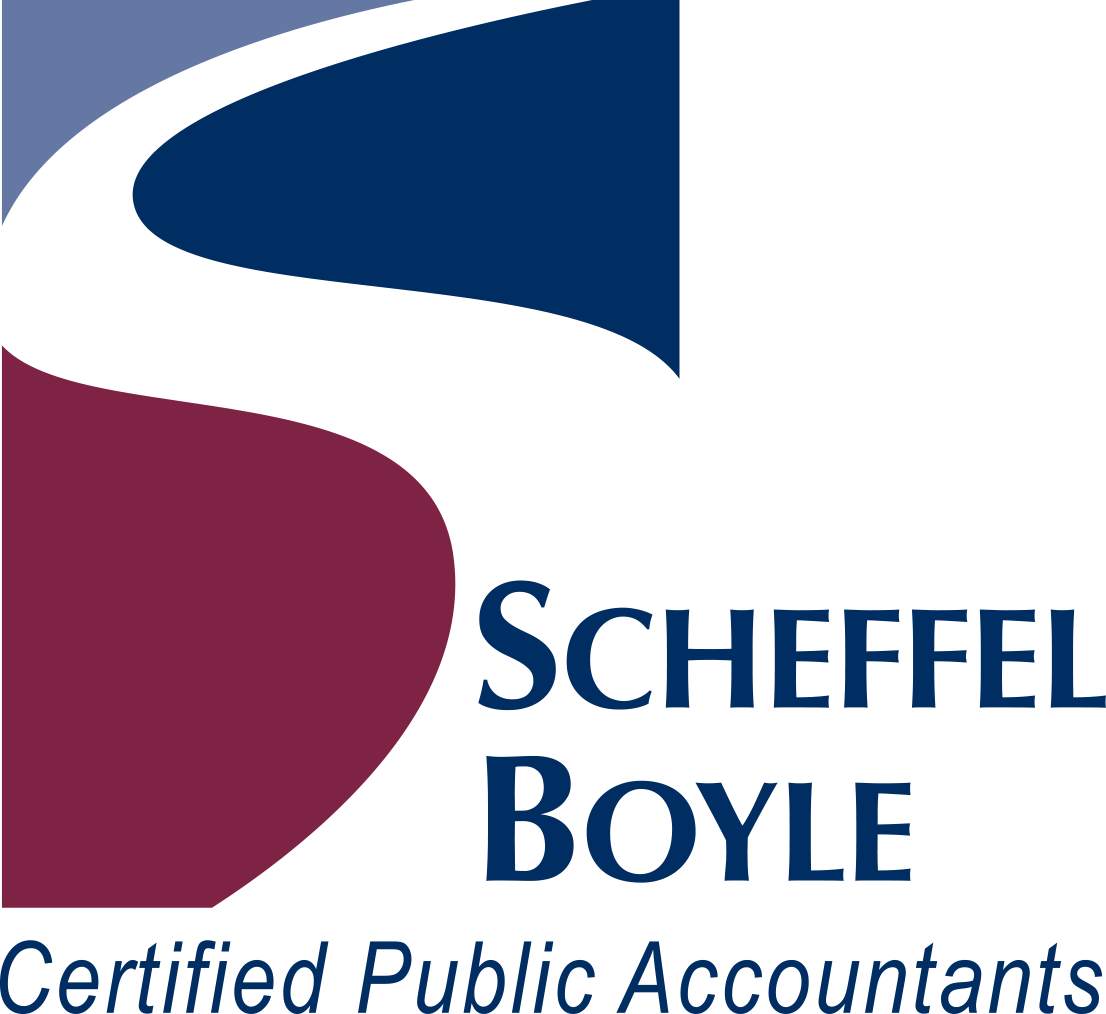IRS Extends More Tax Deadlines to Cover Individuals, Trusts, Estates, Corporations, and More
The IRS recently announced more extensions in response to the COVID-19 pandemic. In IRS Notice 2020-23, the new extensions now cover individuals, estates, corporations, and others.
It was just last month that the IRS extended the filing and payment deadline for federal income taxes. Normally due on April 15, taxpayers now have until July 15, 2020 to pay and file their federal returns with no late filing or payment penalties.
The new provisions in Notice 2020-23 were released on April 9, 2020 and offer expanded relief to more types of returns, tax payments, and other items. This notice extends a variety of tax form filings and payment obligations that are due between April 1, 2020 and July 15, 2020, including the second quarter estimated tax payment due June 15th. In addition, it also suspends interest, additions to tax and penalties for late filing or late payment until July 15, 2020.
The new Notice includes extending the following filing and payment deadlines:
- Individual income tax payments and return filings on Form 1040, U.S. Individual Income Tax Return, 1040-SR, U.S. Tax Return for Seniors, 1040-NR, U.S. Nonresident Alien Income Tax Return, 1040-NR-EZ, U.S. Income Tax Return for Certain Nonresident Aliens With No Dependents, 1040-PR, Self-Employment Tax Return – Puerto Rico, and 1040-SS, U.S. Self-Employment Tax Return (Including the Additional Child Tax Credit for Bona Fide Residents of Puerto Rico);
- Calendar year or fiscal year corporate income tax payments and return filings on Form 1120, U.S. Corporation Income Tax Return, 1120-C, U.S. Income Tax Return for Cooperative Associations, 1120-F, U.S. Income Tax Return of a Foreign Corporation, 1120-FSC, U.S. Income Tax Return of a Foreign Sales Corporation, 1120-H, U.S. Income Tax Return for Homeowners Associations, 1120-L, U.S. Life Insurance Company Income Tax Return, 1120-ND, Return for Nuclear Decommissioning Funds and Certain Related Persons, 1120-PC, U.S. Property and Casualty Insurance Company Income Tax Return, 1120-POL, U.S. Income Tax Return for Certain Political Organizations, 1120-REIT, U.S. Income Tax Return for Real Estate Investment Trusts, 1120-RIC, U.S. Income Tax Return for Regulated Investment Companies, 1120-S, U.S. Income Tax Return for an S Corporation, and 1120-SF, U.S. Income Tax Return for Settlement Funds (Under Section 468B);
- Calendar year or fiscal year partnership return filings on Form 1065, U.S. Return of Partnership Income, and Form 1066, U.S. Real Estate Mortgage Investment Conduit (REMIC) Income Tax Return;
- Estate and trust income tax payments and return filings on Form 1041, U.S. Income Tax Return for Estates and Trusts, 1041-N, U.S. Income Tax Return for Electing Alaska Native Settlement Trusts, and 1041-QFT, U.S. Income Tax Return for Qualified Funeral Trusts;
- Estate and generation-skipping transfer tax payments and return filings on Form 706, United States Estate (and Generation-Skipping Transfer) Tax Return, 706-NA, United States Estate (and Generation-Skipping Transfer) Tax Return, 706-A, United States Additional Estate Tax Return, 706-QDT, U.S. Estate Tax Return for Qualified Domestic Trusts, 706-GS(T), Generation-Skipping Transfer Tax Return for Terminations, 706-GS(D), Generation-Skipping Transfer Tax Return for Distributions, and 706-GS(D-1), Notification of Distribution from a Generation-Skipping Trust (including the due date for providing such form to a beneficiary);
- Form 706, United States Estate (and Generation-Skipping Transfer) Tax Return, filed pursuant to Revenue Procedure 2017-34;
- Form 8971, Information Regarding Beneficiaries Acquiring Property from a Decedent and any supplemental Form 8971, including all requirements contained in section 6035(a) of the Code;
- Gift and generation-skipping transfer tax payments and return filings on Form 709, United States Gift (and Generation-Skipping Transfer) Tax Return that are due on the date an estate is required to file Form 706 or Form 706-NA;
- Estate tax payments of principal or interest due as a result of an election made under sections 6166, 6161, or 6163 and annual recertification requirements under section 6166 of the Code;
- Exempt organization business income tax and other payments and return filings on Form 990-T, Exempt Organization Business Income Tax Return (and proxy tax under section 6033(e) of the Code);
- Excise tax payments on investment income and return filings on Form 990-PF, Return of Private Foundation or Section 4947(a)(1) Trust Treated as Private Foundation, and excise tax payments and return filings on Form 4720, Return of Certain Excise Taxes under Chapters 41 and 42 of the Internal Revenue Code; and
- Quarterly estimated income tax payments calculated on or submitted with Form 990-W, Estimated Tax on Unrelated Business Taxable Income for Tax-Exempt Organizations, 1040-ES, Estimated Tax for Individuals, 1040-ES (NR), U.S. Estimated Tax for Nonresident Alien Individuals, 1040-ES (PR), Estimated Federal Tax on Self Employment Income and on Household Employees (Residents of Puerto Rico), 1041-ES, Estimated Income Tax for Estates and Trusts, and 1120-W, Estimated Tax for Corporations.
Receiving these extensions does not require any additional forms or documentation. There is no need to call the IRS or apply for these extensions. They are automatic.
The Notice also provides relief for 2016 unclaimed refunds, extending that deadline to July 15, 2020. In addition, it extended the time for filing and review of petitions in Tax Court.
We are here to help. Please contact our team for questions on these new regulations.



